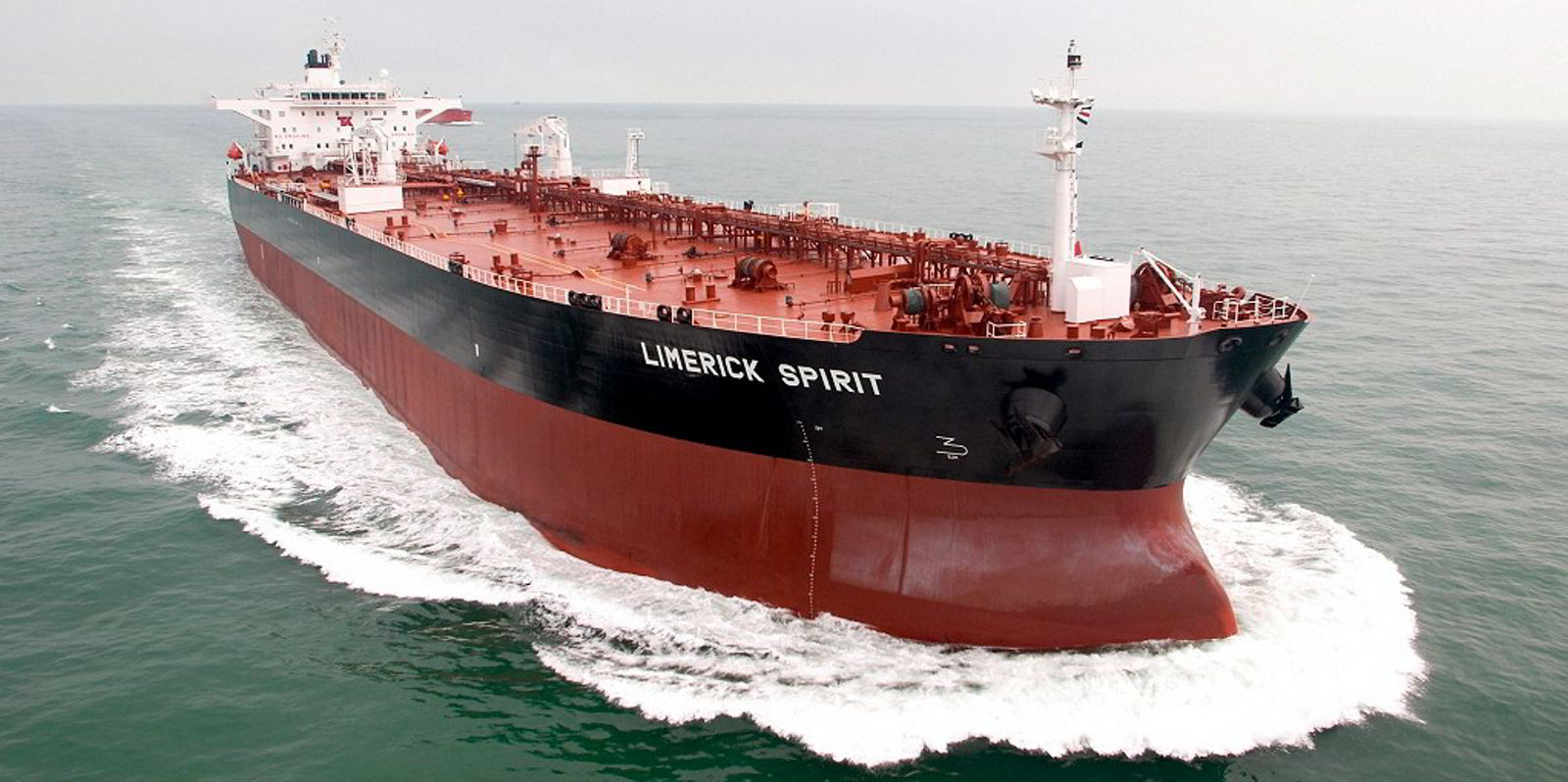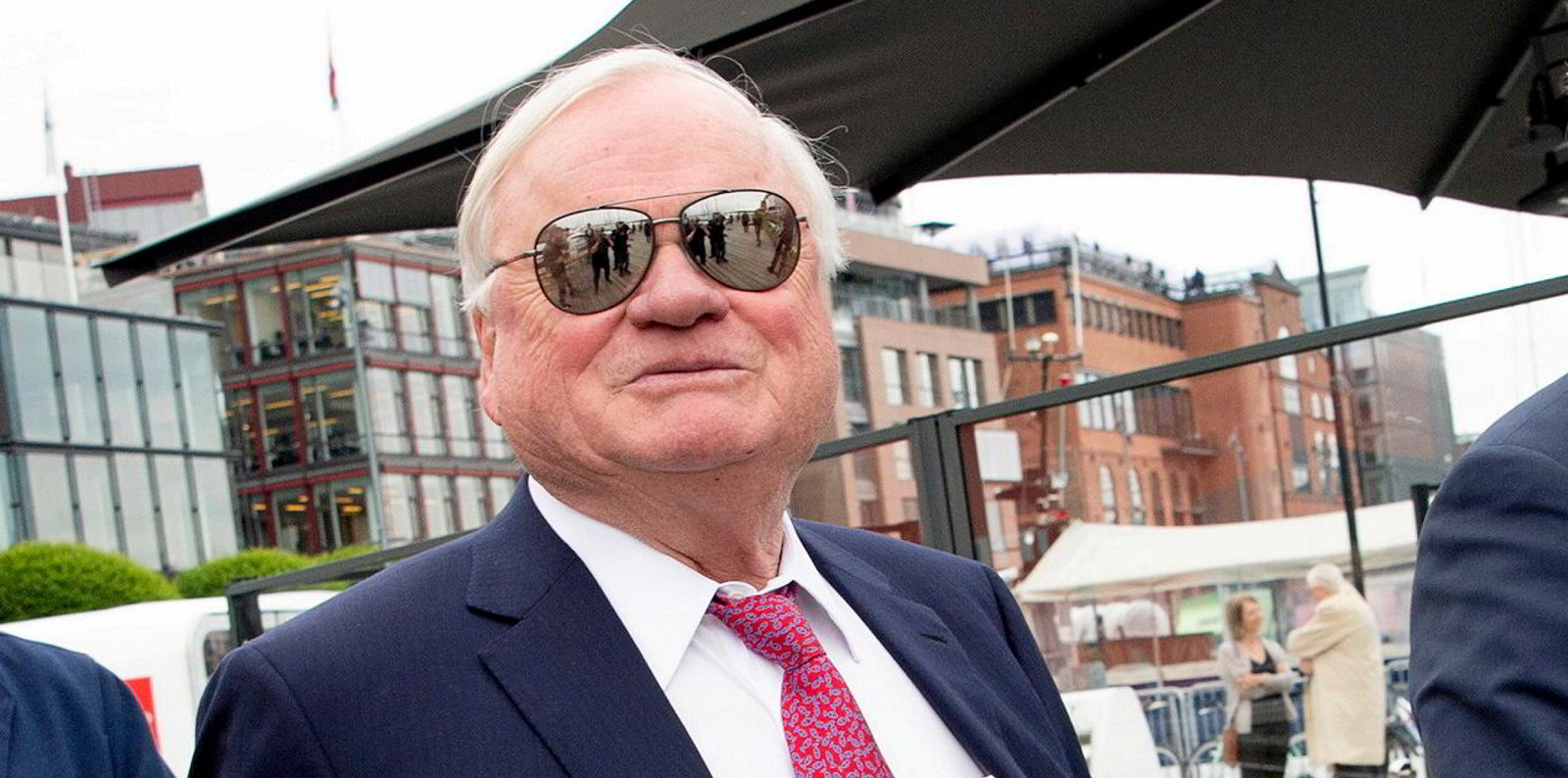The European Union ban on seaborne Russian refined oil products could lead to a boost for LR2 tankers, with emerging evidence of new long-haul routes, according to cargo data analyst Vortexa.
Russian naphtha exports to Brazil are set to increase for a third consecutive month as Moscow seeks new customers before the 5 February EU import embargo begins.
“This is an indication that long-haul routes have already begun to emerge in anticipation of the ban,” said Dylan Simpson, junior freight analyst at Vortexa.
Around 70% of Russian clean product exports have gone to Europe over the past two years and the embargo is set to trigger a significant shift in trade flows to new customers in Latin America and Asia, according to analysts.
The ban will be combined with price caps set out by the G7 group of nations aimed at reducing revenues to the Kremlin to fight its war in Ukraine. Similar measures were introduced for crude exports on 5 December.
“With many Russian flows still heading to Europe, more long-range tankers will be required to complete the remaining trade shifts to Russia’s continued buyers regardless of the price cap,” said Simpson in a note. “This could support LR2 tanker demand out of Russia in the period following the ban.”
Mainstream European shipowners will benefit from increased LR2 demand out of Russia only if they agree to the price caps on oil products, something that Moscow has said it would counter with its own restrictions from 1 February. The levels of the caps have yet to be set.
The $60 price cap for crude, announced just before the start of the EU import ban, contributed to the early plunge in Russian exports in the days after 5 December.
The trade has picked up, although the International Energy Agency reported that Moscow lost $3bn in revenues in December owing to falling prices of benchmark Urals crude.
Many European owners have already said they will not haul Russian products. The ban and cap could lead to a further shift to “dark” fleets, dedicated to hauling sanctioned cargoes from countries such as Venezuela and Iran.
Oslo-based Rystad Energy said the share of tankers carrying Russian crude and relying on Western services and insurance has fallen from 60% last summer to 30% after December.
But the squeeze on tonnage and the need for Europe to secure diesel and other products from other suppliers is likely to benefit the mainstream market.
TradeWinds reported on Thursday that John Fredriksen’s interests are said to be planning a tanker newbuilding order in China that would include at least two LR2 product carriers. LR2s are among the most flexible tankers and are designed to carry dirty as well as clean cargoes.





